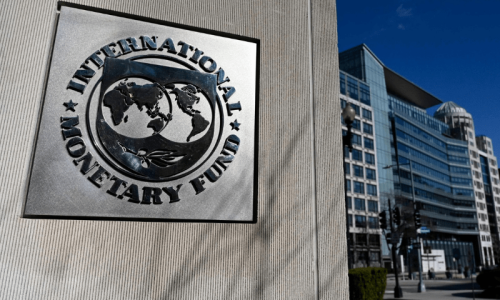 Dr Irfan, 27, a fresh medical graduate who works as a house officer at a local hospital draws a salary of Rs7000 little over $100 a month. Normally, he works for 12 hours, day and night in rotation but once in two weeks his duty hours are extended to 36. Riaz, 20, an illiterate driver of his father, who picks and drops him earns Rs9000 for eight hours a day with five optional holidays in a month.
Dr Irfan, 27, a fresh medical graduate who works as a house officer at a local hospital draws a salary of Rs7000 little over $100 a month. Normally, he works for 12 hours, day and night in rotation but once in two weeks his duty hours are extended to 36. Riaz, 20, an illiterate driver of his father, who picks and drops him earns Rs9000 for eight hours a day with five optional holidays in a month.
Naeem, 24, a college graduate, works for a leading private bank as a junior officer for Rs9,000 per month. He has to report at the office before nine in the morning and gets off at nine at night on a lighter day. Mostly, he reaches home at 11 at night. His neighbour, Saleem, a dropout who cleared his matric in two attempts with difficulty, is an electrician. He earns Rs20000 and works with flexible timings in a much relaxed work environment.
Saima 28, a college lecturer in grade-17 draws Rs10000-12000 and so does a gazetted government officer. The minimum qualification for a lecturer is Masters and a commissioned officer has to clear a competitive exam after graduation to get a job.
The dynamics of job market for well-bred English speaking graduates who can afford to experiment with innovative ideas on the financial strength of their parents, is different. Sana, 19, a graduate from a prestigious college joined a media house as sub-editor for Rs27000 per month. Hadi 24, an MBA from LUMS was hired at a salary of Rs25000 by a business house in their marketing department.
The salary structure at the entry level in the job market in various trades does not seem to follow a pattern similar to those found in the developed world. Normally remunerations at the entry level are linked to demand and supply position, the level of specialisation and time/capital investment on training. Jobs that demand longer working hours or are perceived to be more stressful are better paid to compensate for the extra effort. Not so in Pakistan.
The society gives better social status to educated professionals but treats the crop of home-grown graduates horrifically when they enter the job market. A narrow band of the hotshot graduates of elitist institutions with uncles and aunties in influential positions fare better but the exceptions only prove the rule.
The job market make adjustments driven by demand and supply of the manpower and changing needs of trades and occupations of an economy in transition. These transformations impact the salary structures in different professions. Today, in US the average pay package of an IT professional might not be what it was in comparison to other professions during the period of IT boom. This is understandable. But if the US government starts paying for producing loads of IT professionals with no proper placement, it would be a folly.
The simple logic fails to filter through in Pakistan that continues to subsidise medical studies without taking into account the job market or high opportunity cost of investment going waste. Professor Surgeon Naheed Sultan told Dawn that the pathetic job situation has driven young men, who are perceived to be the bread winner in a typical family, out of the medical field. “Come visit Dow Medical College, eight in ten students are girls. At least half of female doctors who complete their degrees choose not to practice for a variety of reasons which is such a waste of effort and resources”, she said.
The directionless growth, where the system actually opposes adjustments, has led to a situation where the economy rewards semi-skilled services better than a professional at the entry level. A tailor, a retailer, a dry-cleaner, a butcher, a housemaid, a driver, a plumber, an electrician earns comparatively better and is therefore happier compared to young doctors and engineers.
Besides, people entering the so perceived lower end jobs that do not demand formal schooling enter the market much earlier than educated mass of youth. Normal entry age for an educated youth is 22-27 years. Doctors, engineers, MBA graduates take longer because of their more rigorous studies and internship requirements.
“In Pakistan job market is bizarre. Lack of career counselling, disconnect between education institutions and trade and industry, indifference of policy makers towards human resource management and planning failures that is often based on make-believe economic scenario all add up to an inefficient, inappropriate placement of new entrant costing economy dearly, both in physical and social terms,” said a senior economist when reached for comment in Islamabad.
A salary structure in the formal sector for white collar workers below two dollar a day level is atrocious. It robs young people of the drive to excel in their profession of choice. It pushes them to look around for short cuts to start an independent family life. In the final analysis, the misdirected energy of the precious young people adds up to the cost of economic management.
The low salary structure for the young at the entry level becomes more intriguing when pay and perk package structures of the hierarchy in the same institutions are taken into account. For example, in banks that pay Rs8000 per month to a junior officer while the president’s annual package may run into Rs20-25 million.
However no one the federal or provincial government level was ready to comment or even disclose as to which department was responsible to address such grave anomalies.
















































Dear visitor, the comments section is undergoing an overhaul and will return soon.